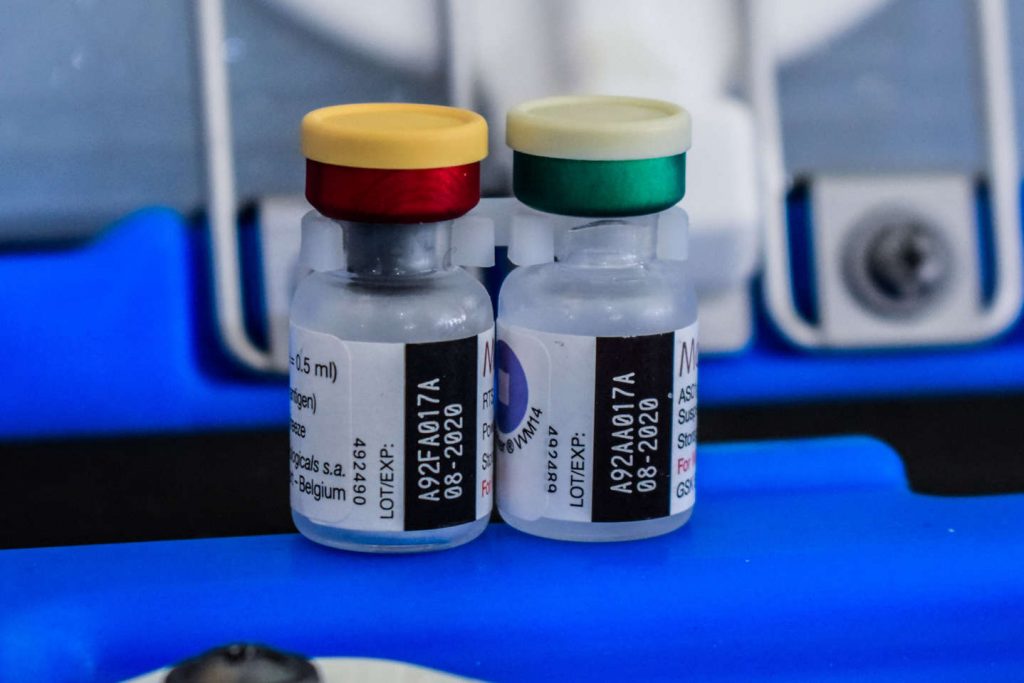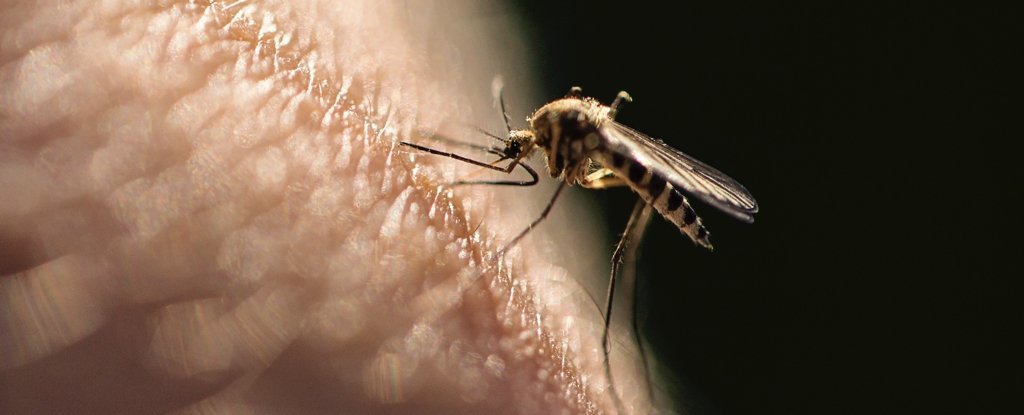The World Health Organization made a historic announcement today, recommending the deployment of the first-ever malaria vaccine. The WHO proposes that the vaccine can be used on children in Sub-Saharan Africa and other areas with moderate to high malaria transmission. The announcement comes on the heels of significant vaccine developments in the COVID-19 pandemic.
The vaccine, called Mosquirix, has an efficacy rate of preventing 30% against malaria cases and 29% of severe cases, based on trials in Africa, Ghana, Kenya and Malawi involving more than 800,000 children. Mosquirix is prescribed for children beginning at the age of 5 months and consists of four doses, according to the WHO.

According to the WHO, children under five accounted for 67 percent of global malaria deaths in 2019, with Africa responsible for the great bulk of these deaths.
This is the first malaria vaccine created; however, its 30 percent efficacy rate is anything but ideal. However, when paired with other anti-malarial techniques, like bed netting with insecticide, the WHO Director-General, Dr Tedros Adhanom Ghebreyesus, says the vaccine could save tens of thousands of lives annually.

Mosquirix, according to the WHO, can be easily implemented, is safe to use, and is cost-effective to implement. According to The Guardian, GlaxoSmithKline (GSK), the firm behind the vaccine, says it will offer up to 15 million doses each year at 5% of the production cost. The WHO and GlaxoSmithKline are seeking more funding from partners and governments.
According to The New York Times, it is also the first vaccination to prevent a parasite infection, which is more challenging than creating a vaccine for a virus or bacteria.
“For centuries, malaria has stalked sub-Saharan Africa, causing immense personal suffering,” Dr Matshidiso Moeti, WHO Regional Director for Africa, said.

“Today’s recommendation offers a glimmer of hope for the continent which shoulders the heaviest burden of the disease. And we expect many more African children to be protected from malaria and grow into healthy adults,” he added.
Mosquirix is only the beginning since mRNA-based vaccine technology has made our bodies capable of responding to some life-threatening diseases. For example, Oxford University’s R21 vaccine is up to 77 % effective in preventing malaria. So far, tests have shown that it is safe.


